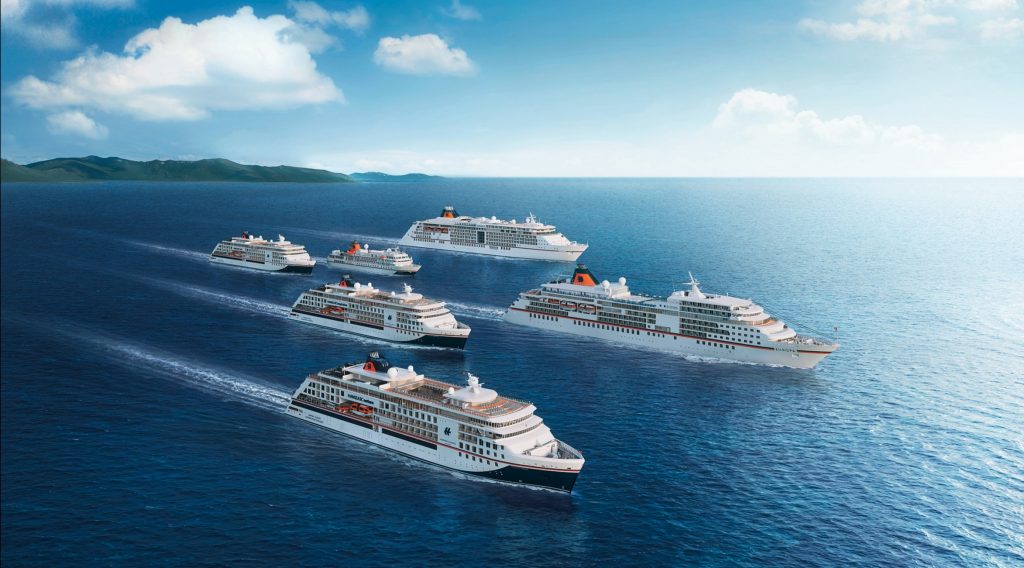From July 2020 onwards Hapag-Lloyd Cruises will use marine gas oil with a maximum sulphur content of 0.1 % (LS-MGO) exclusively. In doing so, the company will cut the emissions of its fleet of both luxury and expedition ships significantly.

With years of expertise in the luxury and expedition segment, Hapag-Lloyd Cruises has set the highest standards in the industry. With a committed to adhering to strict environmental protection standards the luxury line has decided to stop the use of heavy fuel oil. This is a significant step towards operating environmentally-conscious cruises and an important investment in the future.
In 1993 Hapag-Lloyd Cruises stopped using heavy fuel oil in the Arctic and only uses marine gas oil with a maximum sulphur content of 0.1 %. At the start of the year, the company announced its decision to transition gradually and stop using heavy fuel oil in its expedition fleet in future. This important development now continues.
Additionally, all new ships of Hapag-Lloyd Cruises – including the EUROPA 2 and the new expedition class – are compatible with cold ironing and have been fitted with modern SCR (selective catalytic reduction) catalytic converters. These converters clean exhaust gases and lower nitrogen oxide emissions by up to 95 %.
“I believe that travel is immensely valuable and an important means of developing an understanding of the world. Cruising with Hapag-Lloyd Cruises means understanding nature better, coming face-to-face with it and even feeling a sense of humility before it.” Karl J. Pojer, CEO of Hapag-Lloyd Cruises
The global routes will be planned and carried out with an average speed that is environmentally-friendly, cutting fuel consumption by over one third. The Hapag-Lloyd Cruises’ fleet is also equipped with seawater desalination technology to produce clean water, as well as with biological sewage treatment plants. The bow thrusters and stabilisers run on environmentally-friendly bio-petroleum.